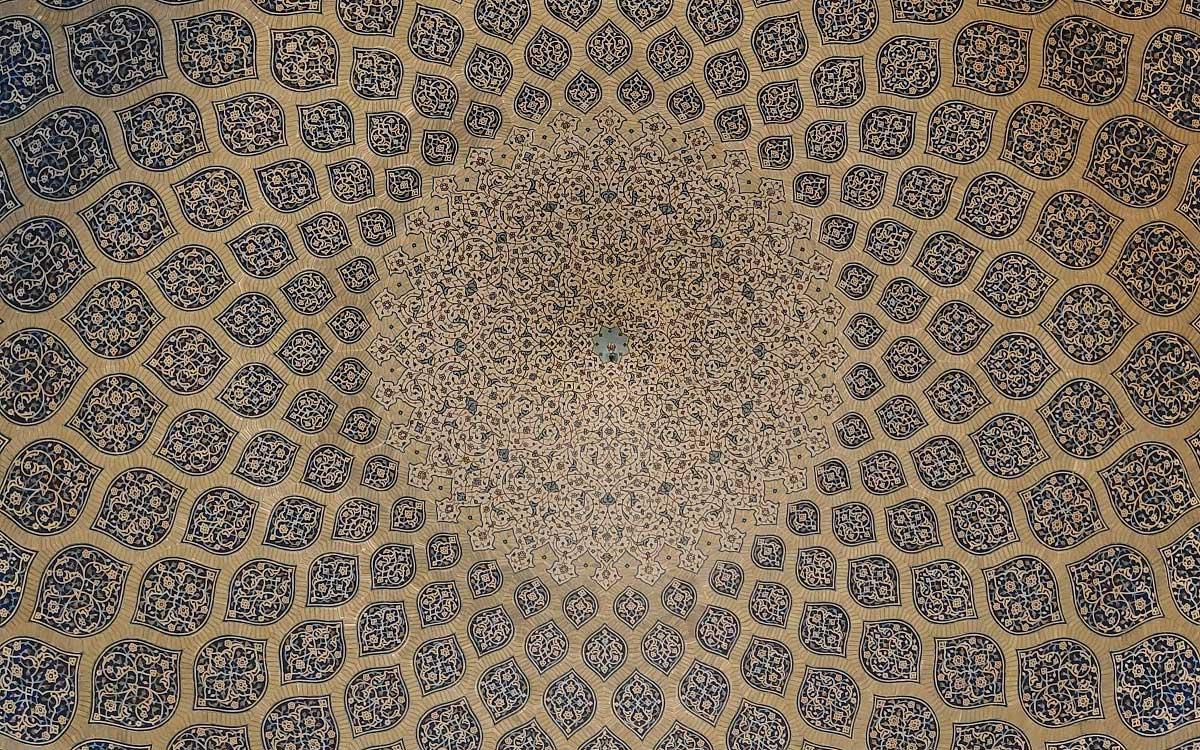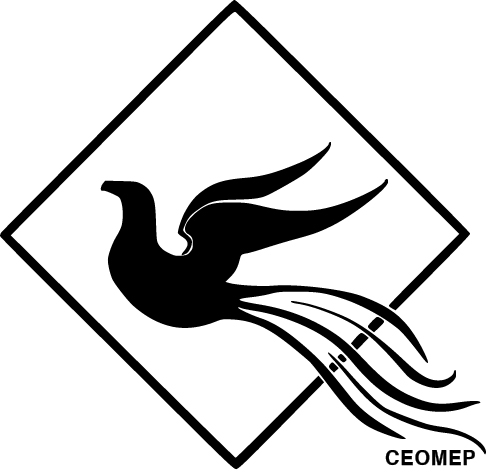
Elahé Omidyar Mir-Djalali Center for Persian Studies (CEOMEP)
The Endowment Fund of the École Pratique des Hautes Études received an exceptional donation of $2 million thanks to the generosity of Mrs. Elahé Mir-Djalali Omidyar, Founder and President of the Roshan Cultural Heritage Institute, an alumna of the EPHE. This donation enabled the creation of the "Elahé Omidyar Mir-Djalali Center for Persian Studies" (CEOMEP).
From ancient Persia to Islamic Iran, research on this thousand-year-old civilization has always been present at the EPHE: from Clément Huart and Émile Benveniste to Denise Aigle, Frantz Grenet and Christian Jambet, via Jean de Menasce, Henry Corbin, Guy Monnot and many others. Currently, several teacher-researchers from the two sections of the humanities of the EPHE have made Iran, in its very long history, the center of gravity of their work : Mohammad Ali Amir-Moezzi, Constance Arminjon, Samra Azarnouche, Wouter Henkelman and Philip Huyse.
This is why, with this solid expertise in Iranian culture and history in several disciplines ranging from linguistics and religion to archaeology and art history, the EPHE-PSL was the ideal academic place for the creation of an interdisciplinary Center for Iranian and Persian studies through the Roshan Cultural Heritage Institute. The EPHE-PSL is the first European scientific institution to benefit from this support.
In honor of Mrs. Elahé Omidyar Mir-Djalali, PhD, Founder and President of RCHI and in recognition of her attachment to the EPHE, the center is named "Elahé Omidyar Mir Djalali Center for Persian Studies". Mohammad Ali Amir-Moezzi is the director.

"I am sincerely delighted and deeply touched that the first academic institution supported by the Roshan Cultural Heritage Institute in Europe is being created within the École Pratique des Hautes Études. I arrived in Paris, from my native Iran, in 1958 and I defended my thesis in Persian linguistics in 1974, under the supervision of Maurice Gross at Paris 7. But, as far as Iranian studies are concerned, the most impressive lectures, the most rigorous research and the most fascinating personalities that I met during all my studies, I knew them at the École Pratique des Hautes Études which I attended between 1965 and 1975: Jean Aubin and Jean Calmard on pre-modern Iran, Gilbert Lazard on the linguistics of Iranian languages, Henry Corbin on Iranian Islam. Since these years, the EPHE has been for me the symbol of French scientific excellence and I am happy to say that the work of Professor Mohammad Ali Amir-Moezzi illustrates this excellence today. This is why it was important to me that this Centre for Persian Studies be created at the EPHE and that it be directed by Mr. Amir-Moezzi."
Mrs. Elahé Omidyar Mir-Djalali, Founder and President of the Roshan Cultural Heritage Institute

| CEOMEP serves as an international center of excellence for research, training, dissemination of knowledge on all aspects of Iranian civilization and culture. Its activities will be aimed at the EPHE's researchers and students, PSL member institutions and foreign universities, as well as the intellectual community of the Iranian cultural area. For example, the CEOMEP will host an annual series of conferences with eminent French and foreign academics, organize conferences and cultural events, provide funding for the fourth year of the thesis, and help with the publication of books in Iranian studies. |
- Establishment of the Elahé Omidyar Mir-Djalali Center for Persian Studies
- Inauguration of the Elahé Omidyar Mir-Djalali Center for Persian Studies: texts of the interventions
- A look back at the inauguration of the Elahé Omidyar Mir-Djalali Center for Persian Studies
- Lecture series of the Elahé Omidyar Mir-Djalali Center for Persian Studies: inaugural lecture
- Elahé Omidyar Mir-Djalali Center for Persian Studies: three scholarships awarded
Director: Mohammad Ali AMIR-MOEZZI
Scientific committee: Mrs. Constance ARMINJON, Mrs. Samra AZARNOUCHE; Messrs. Frantz GRENET, Philip HUYSE and Wouter HENKELMAN
Director of the Endowment Fund: Mrs. Marie-Pierre LAMOTTE
The centre's activities will currently focus on three types of operations:
1. Three conferences (this year in French) by internationally renowned Iranologists. Intended for the general public as well as specialists, they will focus respectively on pre-Islamic Iran, medieval Iran, modern and contemporary Iran.
2. Aid for the publication of Iranian works. These are scholarly works as well as texts intended for the general public, in French or English, published in the new series "Collection of the Elahé Omidyar-Mir Djalali Center for Persian Studies" within the Library of the École Pratique des Hautes Études.
3. Finally, scholarships awarded to the best students in Iranology: these will first be one-off support for master's students who apply for it to support the realization of their project, for example in the context of mobility assistance or in the search for documents. Secondly, an end-of-thesis grant for doctoral students.